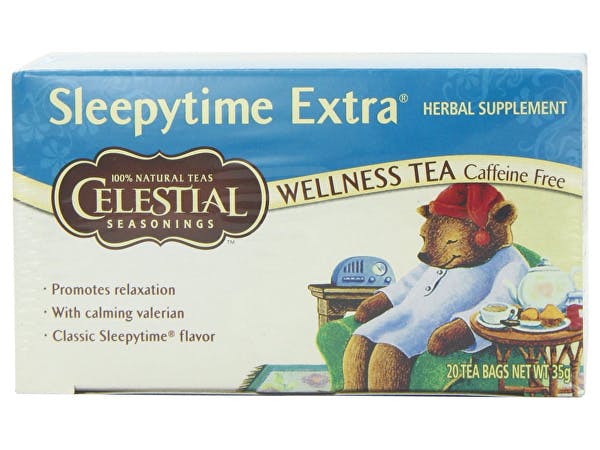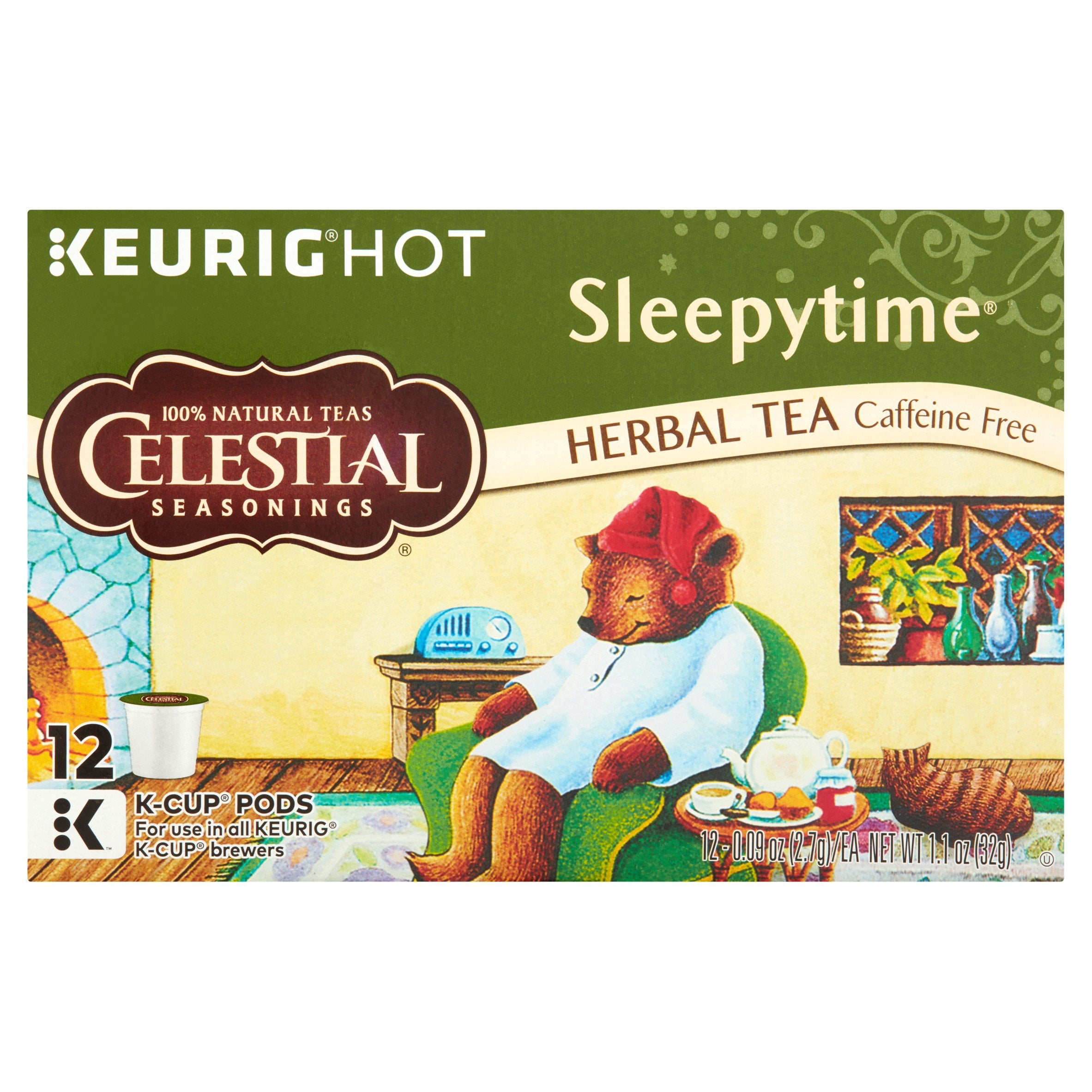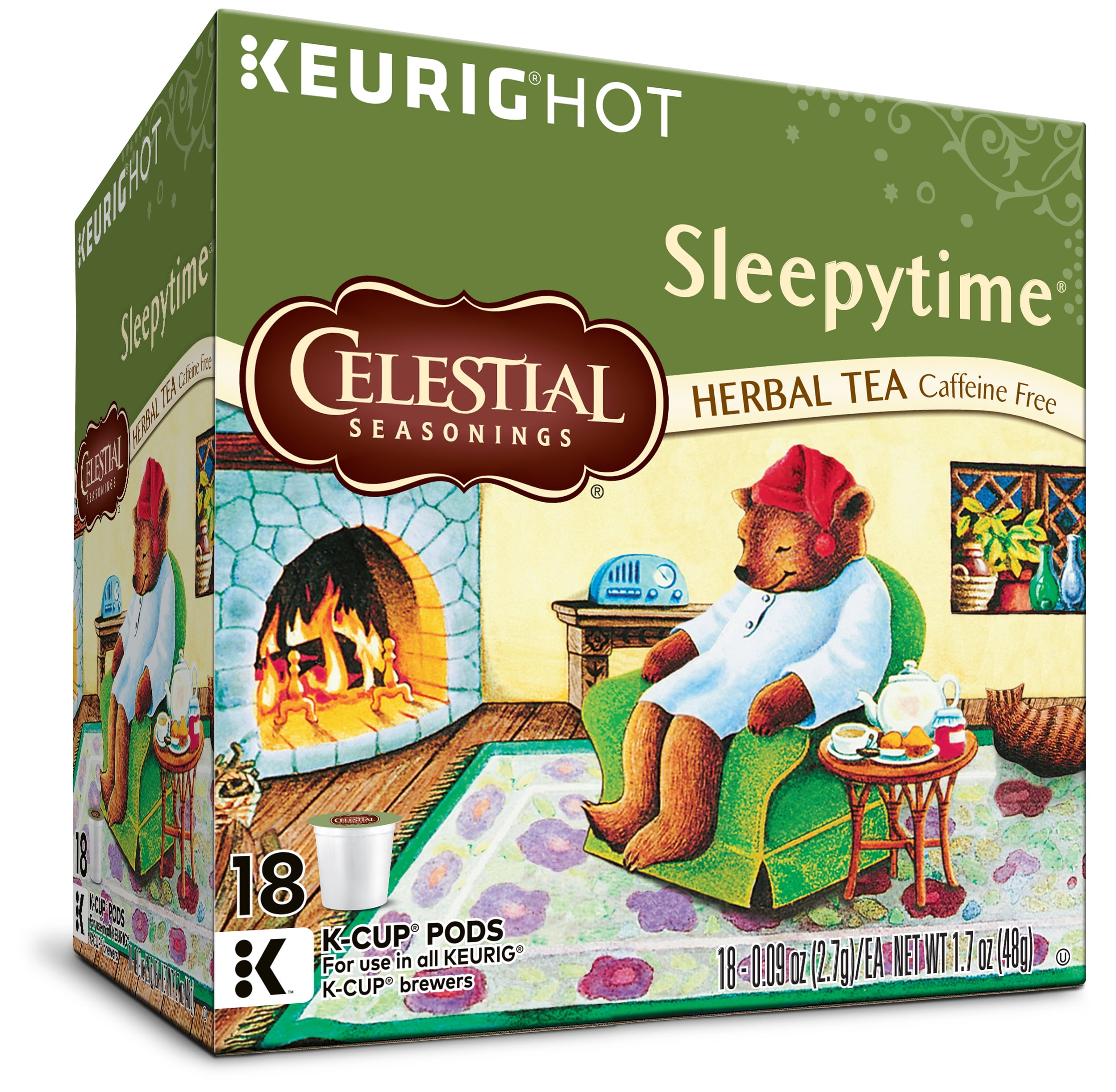


Meanwhile, the cups I sipped of Celestial Seasonings’ Sleepytime and Bigelow’s Sweet Dreams may have been relaxing in a cozy sort of way, but I could discern no real effect on my sleep once the lights were off.///s/files/1/0415/0676/7006/files/1_24de40ca-68fe-444e-a596-e9c6540a1da0_2800x.png?v=1614311905| Similarly, Traditional Medicinals’ Nighty Night, which boasts 360 mg of passionflower, promoted a deeper sleep and left me satisfied in the morning. Yogi’s Bedtime, which contains both, had the most pronounced effect: While it did not make me drowsier than normal, I definitely experienced more intense REM cycles-evidenced by remembered dreams (uncommon for me) about a disturbing house fire and a delightful theme park-and I felt a bit more rested than normal the next morning. That passionflower and valerian root show the most promise for actual impact on sleep matched well with my personal experience. The conclusion? “The consumption of a low dose of, in the form of tea, yields short-term subjective sleep benefits for healthy adults with mild fluctuations in sleep quality.” In addition to appearing to have the most anecdotal support on the Internet, a 2011 study reported that of “six sleep-diary measures analysed, sleep quality showed a significantly better rating for passionflower compared with placebo” in the 41 subjects followed. That said, the most convincing data exist for passionflower. Given the inherent subjective weakness of self-reports, this basically means that the results should be treated with a dash of skepticism. The evidence for valerian root is somewhat better-for example, a 2010 European meta-analysis of 18 previous studies allowed that “valerian would be effective for a subjective improvement of insomnia, although its effectiveness has not been demonstrated with quantitative or objective measurements.” This raises an important caveat to all this research: Every study I looked at was based on sleep diaries, meaning that subjects were responsible for reporting their own assessments of their sleep.

A small 2011 study did suggest possible “modest benefits of daytime functioning,” but found no difference in sleep quality between subjects given chamomile extract and those on a placebo. So just how active are those ingredients? Despite its reputation for making the most soothing cup, chamomile has not yet been scientifically shown to have a significant impact on various sleep quality measures.


 0 kommentar(er)
0 kommentar(er)
